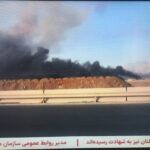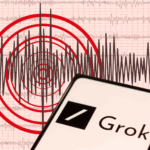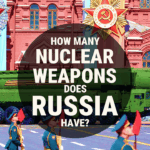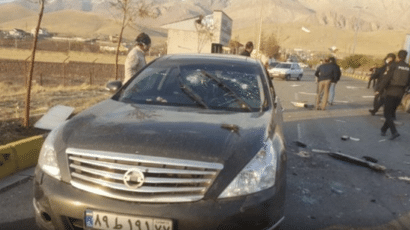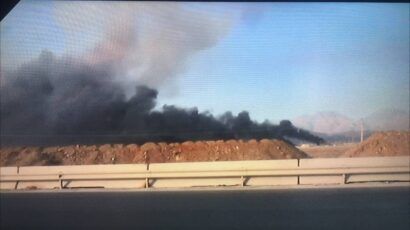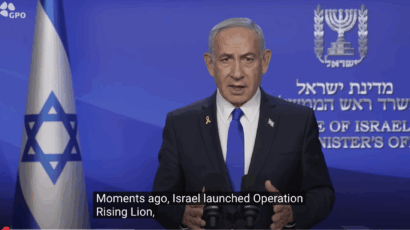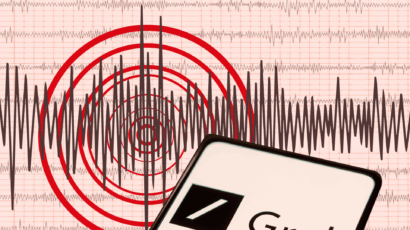Israel attacks Iran, targeting military leaders, nuclear facilities, and nuclear scientists
By John Mecklin | June 12, 2025
 Israeli Prime Minister Benjamin Netanyahu in a televised address about Operation Rising Lion.
Israeli Prime Minister Benjamin Netanyahu in a televised address about Operation Rising Lion.
Editor’s note: This is a developing story that will be updated.
Israel launched attacks on Iran Thursday that targeted nuclear sites and military leaders, reportedly killing the head of Iran’s Revolutionary Guard and some number of nuclear scientists. According to the New York Times, Israeli warplanes attacked at least six sites in Iran, including the capital city of Tehran and the key nuclear facility at Natanz.
The Natanz facility at the heart of Iran’s nuclear ambitions “was engulfed in flames on Friday,” according to social media images geolocated by CNN and Iranian state television. “The commander in chief of Iran’s powerful Islamic Revolutionary Guards Corps, Gen. Hossein Salami, was among the dead reported by state media,” the Times reported. Maj. Gen. Mohammad Bagheri, the chief of staff of Iran’s armed forces, and senior commanders of the Revolutionary Guards and leading scientists involved in the country’s nuclear program were also targeted, the Times said. It was unclear Thursday evening which of them may or may not have died in the attack.
Israeli officials attempted to frame the attack as pre-emptive, suggesting that Iran was on the verge of creating nuclear weapons that would pose an existential threat to Israel. Israeli Prime Minister Benjamin Netanyahu gave a televised address on the attack, which he called Operation Rising Lion and which, he said, aimed “to damage Iran’s nuclear infrastructure, its ballistic missile factories and military capabilities.”
US Secretary of State Marco Rubio issued a statement that asserted the United States is not involved in the strikes against Iran. “We are not involved in strikes against Iran and our top priority is protecting American forces in the region. Israel advised us that they believe this action was necessary for its self-defense,” the statement said.
Iran is planning a “harsh and decisive response,” the Reuters news service reported an Iranian security source as saying. The news service also quoted a spokesperson for Iran’s armed forces as saying that the United States and Israel will pay a “heavy price” for the strikes. “The armed forces will certainly respond to this Zionist attack,” Iranian spokesperson Abolfazl Shekarchi said.
Thursday’s attacks follow lengthy negotiations between Iran and the United States that were mediated by Oman and aimed to reach agreement on the future of Iran’s uranium enrichment program. Those negotiations appear to have stalled over the issue of Iran’s ability to enrich uranium. Tehran considers enrichment a right conferred by its participation in the Nuclear Non-Proliferation Treaty and necessary to the country’s peaceful uses of nuclear energy. Israel has insisted that Iran have no ability to enrich uranium, because any enrichment capacity could allow Tehran to covertly create nuclear weapons. The United States has wavered between support of plans that would allow Iran a very limited enrichment capacity and an insistence that the country have no enrichment capability whatsoever.
Thursday’s attacks raise the specter of full-scale war between Israel and Iran.
Together, we make the world safer.
The Bulletin elevates expert voices above the noise. But as an independent nonprofit organization, our operations depend on the support of readers like you. Help us continue to deliver quality journalism that holds leaders accountable. Your support of our work at any level is important. In return, we promise our coverage will be understandable, influential, vigilant, solution-oriented, and fair-minded. Together we can make a difference.
Keywords: Iran, Israel, Natanz, Netanyahu, nuclear weapons
Topics: Analysis, Nuclear Risk, Nuclear Weapons


